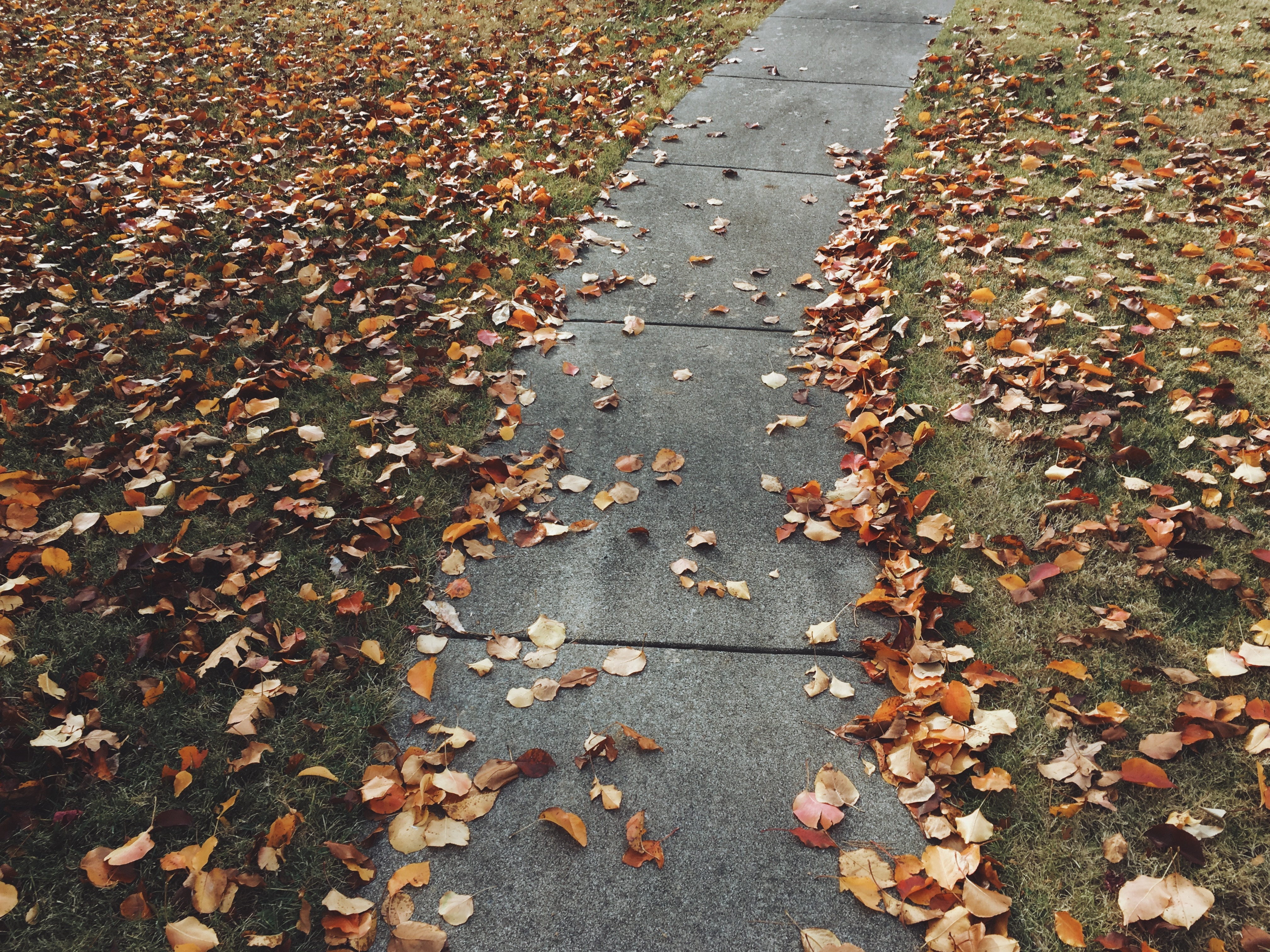
If you slip and fall or a rape victim on someone else’s property, the reason why you are on the property matters. Whether you can recover for your injuries often turns on your relationship with the property owner. The law has fancy words to describe the different types of relationships, which we cover below.
The first type of relationship, that of a trespasser, is easy to understand. A trespasser is someone who goes onto someone else’s property without invitation or permission. An example is if someone breaks into your house. If the trespasser gets hurt, you are responsible only if you intentionally tried to hurt the trespasser. This becomes relevant in a landlord-tenant situation. If a lease does not identify a tenant, arguably the tenant is a trespasser and will have a tough claim against the landlord. However, this can be overcome if the landlord knew the tenant was living on the property but took no action.
The next step up is a licensee. This is a person invited onto the property as a social guest but who does not provide a benefit to the owner. A licensee is on the property only for his own convenience. O.C.G.A. § 51-3-2. So, if you invite a friend to your house, your friend is an invitee. If a licensee is injured, the property owner must exercise reasonable care to prevent injury.
Finally, there is what is known as an invitee. An invitee is a person who is invited and provides benefit to the owner. An example is if you go to Publix to buy groceries. You have been invited by the Publix onto the property and are benefiting Publix by buying groceries. With regard to an invitee, a property owner must exercise ordinary care to keep the property safe. This is a higher standard than a licensee. And requires the owner to inspect its property to make sure it is safe for its customers.
If you are injured or are a crime victim on someone else’s property, please call us. Our number is (404) 382-9991.

